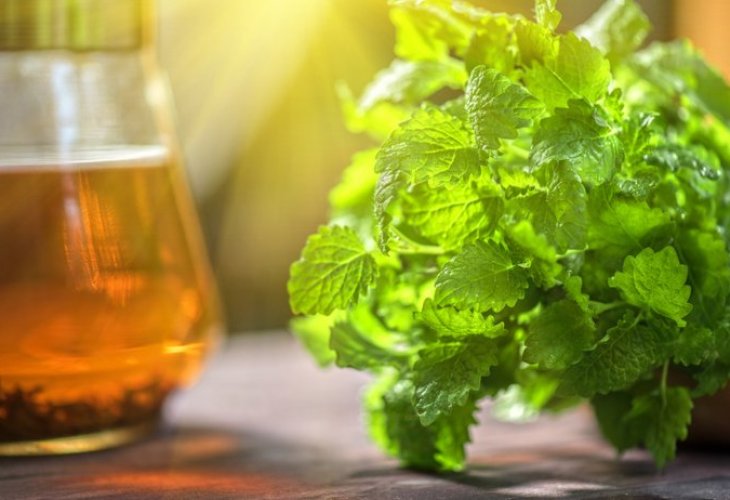Add This Plant to Your Tea in Winter - See Wonders!
Whether you love herbal tea or not, winter is the perfect reason to start drinking it—not just because it warms the body. So what is the plant that will make your winter enjoyable and cozy if you add it to your tea? Read to find out.
 (photo: shutterstock)
(photo: shutterstock)Whether you love herbal tea or not, winter is the perfect reason to start drinking it—not just because it warms the body. In fact, there are many plants we can blend into our tea, each according to personal taste. Sage, mint, za'atar, lemongrass, peppermint, and more—all provide us with an array of beneficial substances to help us get through winter safely, one of them being lemon balm.
Not many are aware, but the properties of lemon balm characterize it as an antidepressant plant that calms, improves mood swings, and even helps with anxiety and inner restlessness.
What makes lemon balm so beneficial for us, especially in winter? Well, numerous studies have shown that lemon balm contains two strong antiviral acids excellent at fighting bacteria and viruses—caffeic acid and rosmarinic acid.
These two acids, along with other components found in lemon balm, also combat eczema, itchiness, and even herpes infections (which sometimes erupt in winter). For herpes treatment, it is recommended to apply essential lemon balm oil mixed with plant oil in equal proportion.
Furthermore, lemon balm soothes stomach aches, encourages good sleep, lowers stress levels in the body, eases symptoms of irritable bowel syndrome for those who suffer from it, reduces gas, calms the spirit from stress and depression, improves cognitive functions, and more. Recent studies have shown that lemon balm improves the functions of Alzheimer's patients, as it enhances acetylcholine functioning in the body. Acetylcholine functions as a neurotransmitter and assists in maintaining proper brain function—memory, learning, and the like—in good condition.

